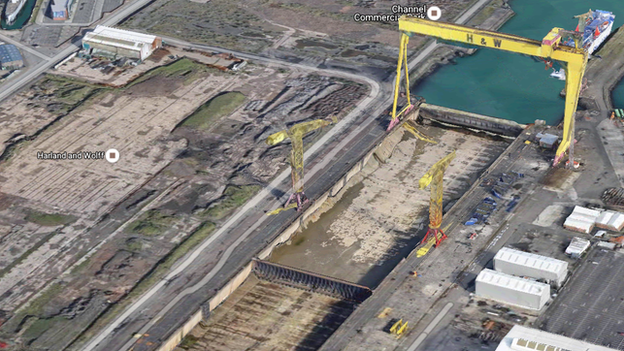Google Maps gets offline search and directions
- Published
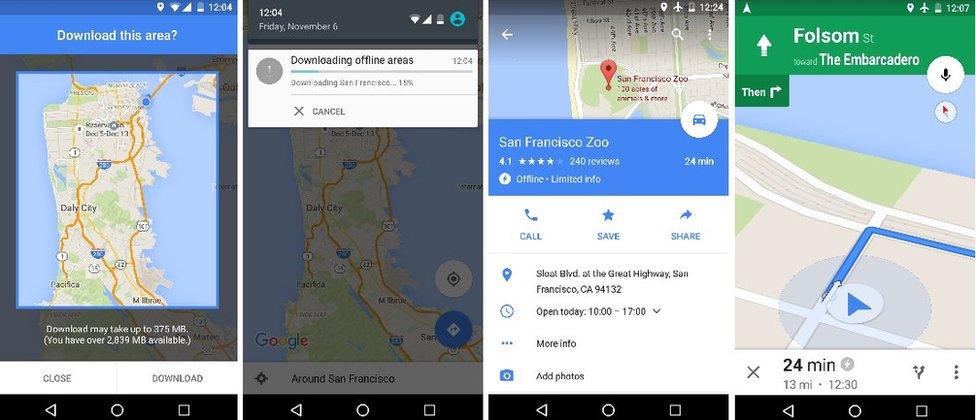
Google Maps now allows users to download a map and get information and driving directions while offline
Google has upgraded its Android Maps app so it can provide directions when not connected to the internet.
The software also lets devices find businesses' locations, opening hours and telephone numbers while offline.
The firm said tourists visiting places outside their mobile subscription plans and people living in emerging markets, where data can be expensive, would be among those who would benefit most.
But one expert said budget-phone owners would now have to juggle data.
"Entry-level Android smartphones sometimes only have four gigabytes of onboard storage, making it a precious resource," commented Ben Wood from CCS Insight.
"Once you've downloaded a few applications, some music and perhaps a video, that memory quickly disappears.
"So some users may find using map downloads limits what else they can do with their device - but to be honest that's one small negative in a sea of positives about this update."
Google said downloading most of Greater London would take up 380 megabytes on a device, while storing the San Francisco Bay area would require about 200MB.
It added that it intended to release a similar update for iOS devices "very soon", but could not confirm if that would be before the year's end.
'Screenshot jujitsu'
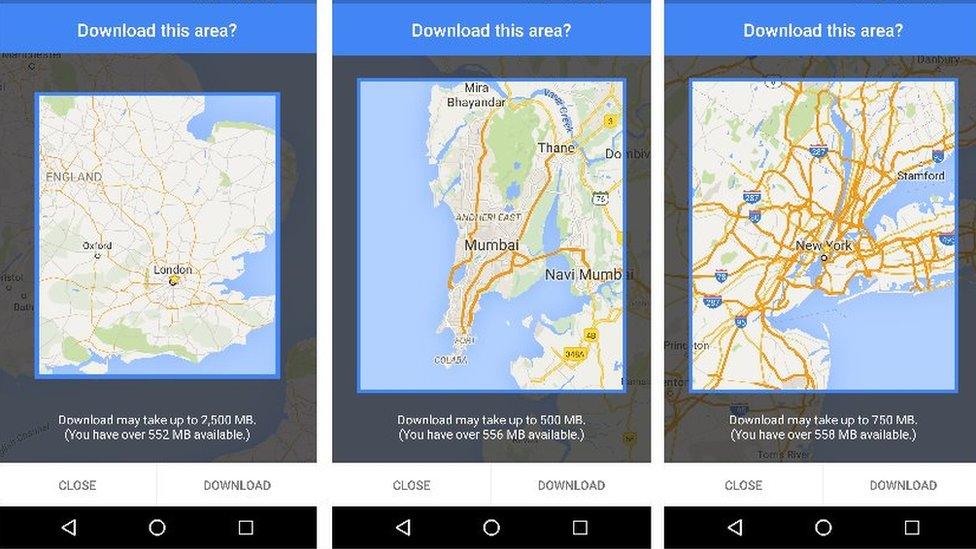
Users determine what area should be downloaded - the bigger they make it, the more storage is taken up
To make use of the new feature, users will have to tell the app to download an area they select.
Once the information has been installed, the app is designed to switch "seamlessly" between offline and online modes unless forced to stay off the net.
That means, for example, that if a driver starts their journey in an underground garage without a data connection, the app will suggest a route and drive-time estimate based on typical conditions, but will then amend the advice once it gains access to live traffic and accident information.
The offline map will automatically update once every 15 days to stay current so long as the handset is plugged into a charger and connected to wi-fi, unless the user overrides these restrictions.
"We've been working on all of this stuff for two to three years," product manager Amanda Bishop told the BBC.
"Google Maps happened to be really slow or completely unusable in many scenarios due to limited mobile internet.
"Users now don't have to do all that screenshot jujitsu before they leave [in case they lose access], and there's much faster load times for search and driving directions.
"Everybody on our team who uses it can't stand it when they have to use the old app because it's crazy how frequently you find yourself seeing that spinner waiting for results. Once you get used to it returning them in a second every single time, you quickly get used to how snappy the app feels."
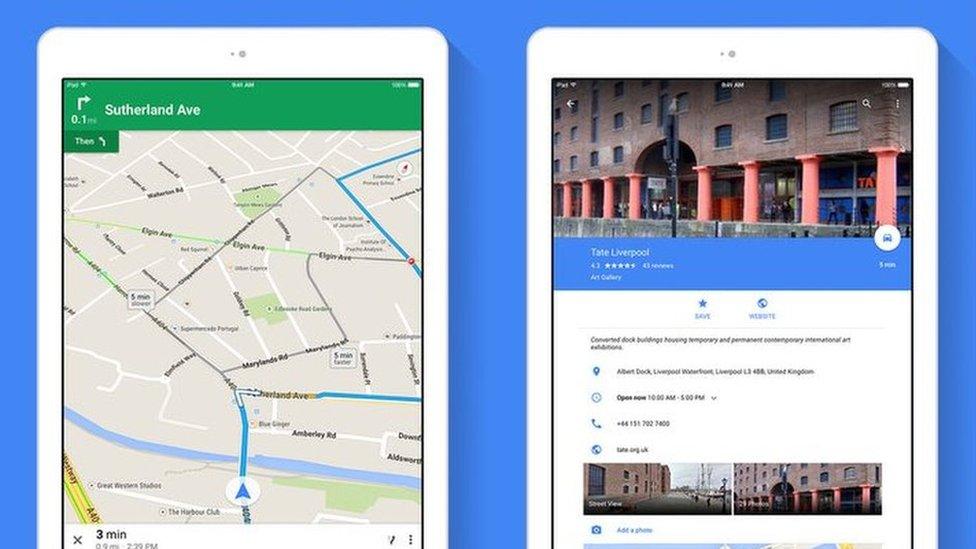
Google says it intends to bring the upgrade to Apple's iOS devices soon
Absent functions
The offline mode does have some limitations, however.
Reviews people have posted about restaurants and other businesses are not shown, nor are user-generated photos.
Owners cannot switch to a satellite view, and while the app provides driving directions, it will not offer walking or public transport-based routes.
Even so, it is an improvement on the app's previous offline mode, which let users save maps of an area but not search or get directions within them.
"This is not a first-of-its-kind function," noted Mr Wood.
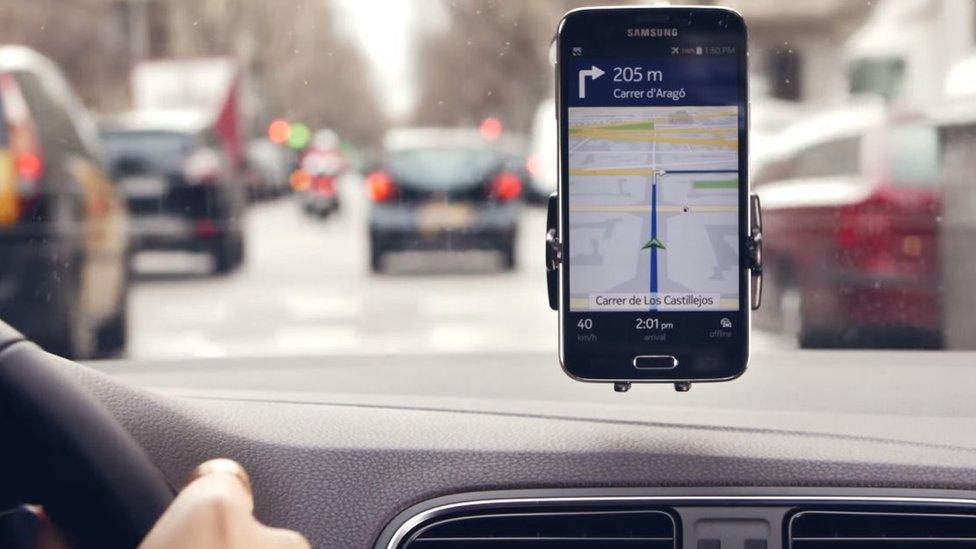
Here Maps already offered voice-guided directions when in offline mode
"For years, Nokia Maps - now Here Maps - offered the opportunity to download country or region-wide maps and search within.
"But Google Maps is the undisputed market leader when it comes to online mapping and it has now cemented its leadership in the area."
- Published12 May 2015
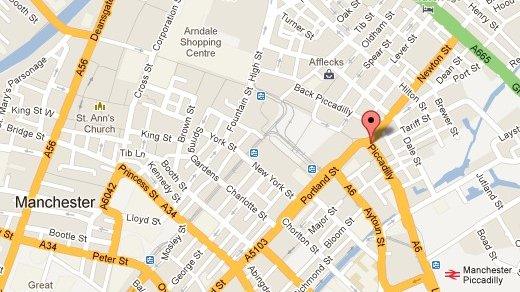
- Published1 October 2015
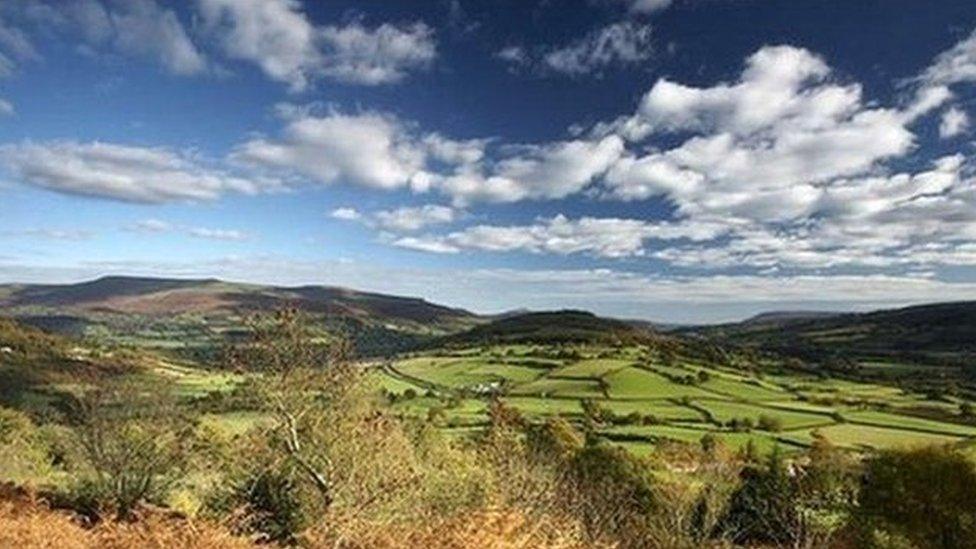
- Published11 August 2015
